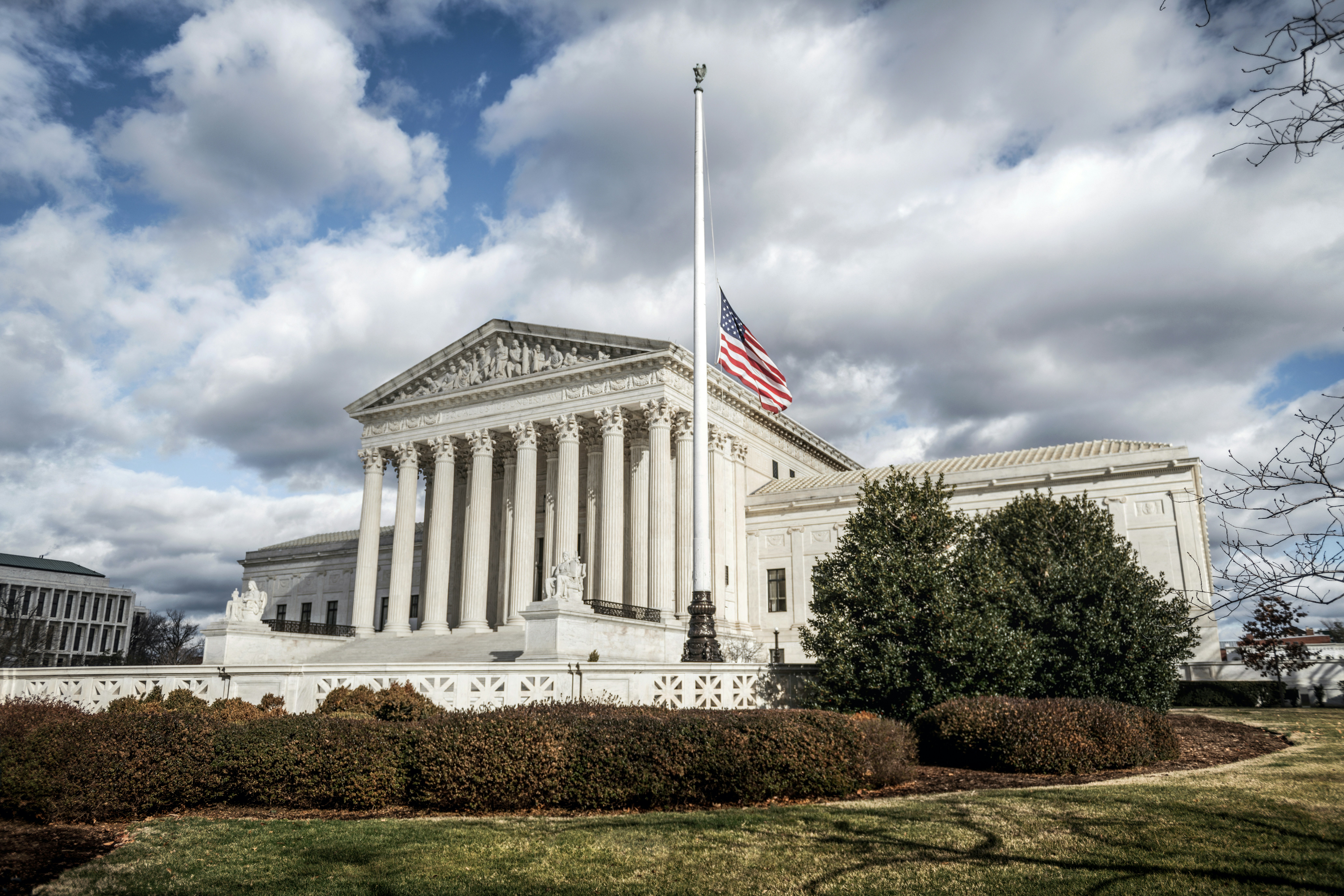Evaluating the Influence of Citizens United Decision on US Political Landscape
The historic Citizens United v. Federal Election Commission ruling by the U.S. Supreme Court in 2010 has had substantial and far-reaching implications on the American political and legal landscapes. This article delves into the background of the case, its current implications, and its impact on society, providing a comprehensive analysis of the landmark decision.

The Genesis of Citizens United Case
The Citizens United case has its roots in the Bipartisan Campaign Reform Act (BCRA) of 2002, also known as the McCain-Feingold Act. The Act sought to limit the influence of money in politics, restricting corporations and unions from funding “electioneering communications” that advocated for or against a particular candidate. In 2008, Citizens United, a conservative non-profit organization, produced a documentary critical of Hillary Clinton, intending to air it on pay-per-view television. The Federal Election Commission, citing the BCRA, ruled that the broadcast violated the restrictions on corporate funding of political broadcasts.
The Supreme Court Ruling
In a 5-4 decision, the Supreme Court overturned the lower court’s ruling, arguing that the BCRA’s limitations on corporate and union funding for political broadcasts violated the First Amendment’s protection of free speech. The ruling effectively struck down restrictions on independent political expenditures by corporations and unions, opening the floodgates for unlimited spending in election campaigns.
Current Legal Updates
The Citizens United decision remains intact, despite numerous attempts to overturn it. Several legislative proposals have sought to curtail its effects, including the Democracy For All Amendment, which aimed to overturn the decision by amending the Constitution to allow Congress and the states to regulate campaign finance. However, these proposals have faced significant opposition and have yet to gain sufficient traction.
Implications and Impact on Society
The Citizens United decision has had a profound impact on American politics, fundamentally altering the landscape of campaign finance. It has led to the rise of Super PACs, political action committees that can accept unlimited contributions from corporations, unions, and individuals. Critics argue that this has resulted in undue influence by wealthy donors and corporations, potentially undermining the democratic process.
While the decision has been celebrated by some as a victory for free speech, it remains a contentious issue, sparking ongoing debates about the role of money in politics and the balance between free speech and democratic integrity.
Conclusion
The Citizens United decision stands as one of the most influential and controversial rulings in recent American legal history. It serves as a stark reminder of the profound impact that Supreme Court decisions can have on the fabric of American society and the functioning of its democratic processes. As the debate continues, it is clear that the legacy of Citizens United will continue to shape the contours of American politics for years to come.




